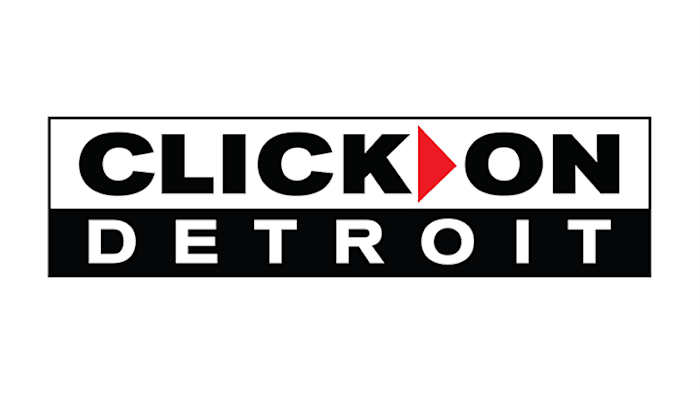That's different from the "social insurance" or shared responsibility approach taken by Democratic presidents like Franklin D. Roosevelt, Harry Truman and Lyndon Baines Johnson.
The Warren campaign says the reason programs like Social Security and Medicare are popular is that benefits are broadly shared.
Truman's plan for universal health insurance did not pass, but it would have been supported by payroll taxes.
"If you look at the two core social insurance programs in the United States, they have always been financed as a partnership," said William Arnone, CEO of the National Academy of Social Insurance, a nonpartisan organization that educates on how social insurance builds economic security.
Under Warren's plan, nearly $9 trillion would come from businesses, in lieu of what they're already paying for employees' health care.







































































:strip_exif(true):strip_icc(true):no_upscale(true):quality(65)/d1vhqlrjc8h82r.cloudfront.net/10-13-2021/t_d7fe8e272b85477db60405735498d83f_name_image.jpg)
:strip_exif(true):strip_icc(true):no_upscale(true):quality(65)/cloudfront-us-east-1.images.arcpublishing.com/gmg/R7EQ3K3JV5CP7ECMRT7VZCUCSE.jpg)
:strip_exif(true):strip_icc(true):no_upscale(true):quality(65)/cloudfront-us-east-1.images.arcpublishing.com/gmg/BOTEPTJSGRASBG2TVCXSJBTQ5E.jpg)
:strip_exif(true):strip_icc(true):no_upscale(true):quality(65)/cloudfront-us-east-1.images.arcpublishing.com/gmg/2HPRQA5HMJGMZNGRO4RABPUECE.jpg)
:strip_exif(true):strip_icc(true):no_upscale(true):quality(65):fill(FFF)/d1vhqlrjc8h82r.cloudfront.net/06-07-2021/t_eb92e06090ef4f109d092218443564c9_name_image.jpg)
:strip_exif(true):strip_icc(true):no_upscale(true):quality(65)/cloudfront-us-east-1.images.arcpublishing.com/gmg/KG2BFESFCZGWNJOELYB5JVY5DM.jpg)

:strip_exif(true):strip_icc(true):no_upscale(true):quality(65)/cloudfront-us-east-1.images.arcpublishing.com/gmg/KBLITDZ4YZBG3MNL242K47WYNY.jpg)
:strip_exif(true):strip_icc(true):no_upscale(true):quality(65)/arc-anglerfish-arc2-prod-gmg.s3.amazonaws.com/public/6JYAC5MIL5DBFMICBXCTRTCLWA.jpg)
:strip_exif(true):strip_icc(true):no_upscale(true):quality(65)/arc-anglerfish-arc2-prod-gmg.s3.amazonaws.com/public/RWRHXGEEIBFWBOLE76IS4QED6Y.jpg)


